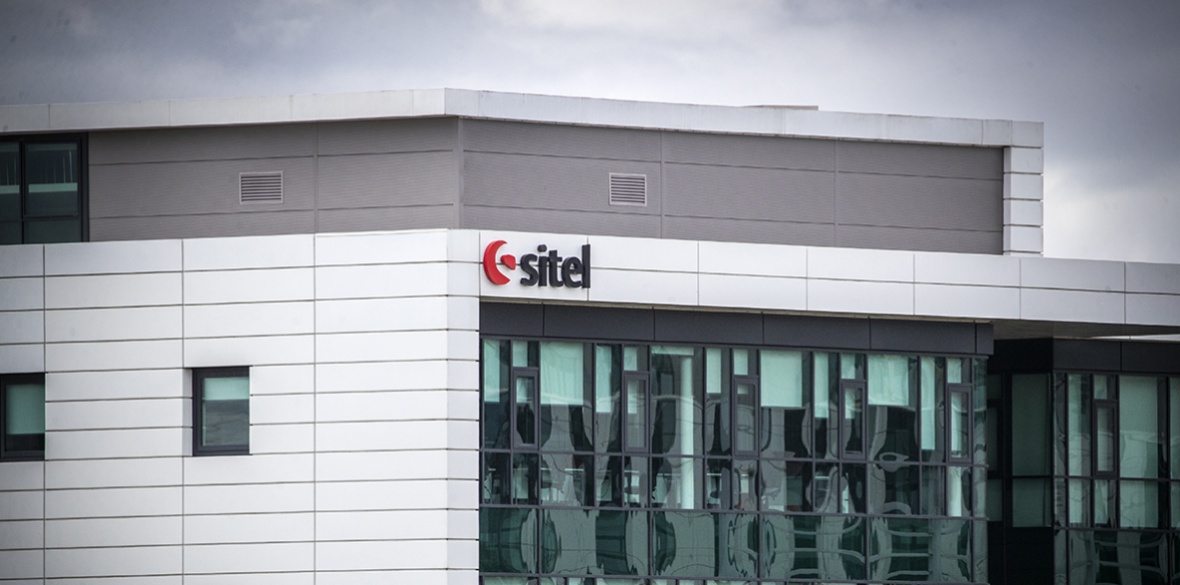This is the last article you can read this month
You can read more article this month
You can read more articles this month
Sorry your limit is up for this month
Reset on:
Please help support the Morning Star by subscribing here
TWO big lessons of the Covid-19 crisis come together as one: first, our government wants to take healthcare out of public hands when it can and hand it over to rich people and their corporations — including, it turns out, French billionaires.
Second, the pandemic is exacerbating inequality by really grinding at the less well-off, while the super-rich take the opportunity to become the super-richer.
“Contact tracing” is a well-established response to disease outbreaks. Typically, public and local health officials “chase” a virus by interviewing infected people to find out who they have been in contract with.
By “contact tracing,” health officials hope to find out who is spreading the virus, and stop that spread by isolating and treating people in that chain.
A big outbreak can overwhelm health officials, so typically they will reinforce themselves with other local public employees, like teachers, librarians, firefighters or with medical students.
Except in post-Thatcherite Britain. Almost uniquely, Britain outsourced contact tracing to inexperienced “call centre” firms who hired unskilled staff to try do the job on the phone, instead of on the streets.
The privatised contact tracers have neither medical nor local knowledge — and it shows.
Contact tracing in Britain has been a very expensive failure. Contacts were not traced, nor where they persuaded to isolate themselves.
We know about Serco — a privatiser with a terrible record, but Tory-linked bosses — which got a £410 million contract for contact tracing.
But what about the other call centre firm, Sitel, which got a £310m British contract for the same work?
We know Sitel didn’t do the job well. Last summer Sitel showed how much it understands infection control: its own Scottish call centre became the site of a Covid-19 outbreak.
Testimony given to Labour members of the Scottish Parliament from Sitel workers described a lack of social distancing, lack of PPE and inadequate cleaning at the call centre.
Both Serco and Sitel failed to reach many “contacts” crucial to contact tracing.
Sitel also failed to meet the not-very-strict “key performance indicators” which the Department of Health set the company.
The department said the company was “inadequate” when it came to the quality of call-handling staff.
But who are Sitel? It began life as a call centre company founded in the US. But in 2015 it was bought by a French company, called Creadev, and merged with French call centre firm Acticall.
Asked what Sitel does, its French president Laurent Uberti said: “We are a toolbox for helping companies manage their client relations” — which might be useful if you are running call centre services for banks or mobile phone firms.
However, a “client relations toolbox” is useless when it comes to the skilled medical work of contact tracing.
Behind Uberti, Sitel is owned by the Mulliez family. Headed by Gerard Mulliez, this large clan is the richest family in France.
Their €37 billion family fortune was built on Auchan, a leading French supermarket chain.
They now own many retail and related companies — Decathlon, the sports shop, is probably the most recognisable Mulliez business in Britain. Creadev is one of the Mulliez family’s umbrella corporations.
Many members of the Mulliez family moved to Belgium to avoid France’s “wealth tax,” only returning to France when the tax was repealed by friend-of-the-rich President Emmanuel Macron.
But Gerard Mulliez objects to being pictured as an exploiter. In 2015 he surprised the Young Communists of Lille by turning up personally at their monthly meeting to complain about a poster they had printed calling him a “profiteer” from the financial crisis.
Mulliez told the Young Communists that their poster, with the slogan “Gerard Mulliez, billionaire shareholder, profiteer from the crisis/They pocket, we produce, Tax justice!” was unfair.
“You see the poster over there … You are not very nice to me,” he reportedly said, and argued that “I create jobs with my stores.” He said claims that staff were exploited were “ideological gibberish.”
Gerard Mulliez’s confrontation with the Young Communists showed a degree of character. But his family’s business dealings do not.
The Mulliez family owned French furniture and decoration store chain Alinea, but in May 2020, family member Alexis Mulliez declared the company insolvent, citing a fall in sales and profits due to the Covid-19 pandemic, and put it into receivership with the Marseille Commercial Court.
Around 2,000 employees expected to be laid off. However, on August 6, a potential buyer proposed to the commercial court to buy the company at a bargain basement price and restructure it, closing down 17 of its 26 stores and laying off half of the workforce.
The commercial court agreed to the deal. The scandal is that the new buyer is none other than the Mulliez family.
They let the firm go bust so all its debts could be torn up and the French government fund some of the redundancies.
After the staff were laid off and many of the stores closed, they bought it back.
The Mulliez family have, along with the rest of the super-rich of France, seen their fortunes hold steady during the pandemic.
Both the Alinea scandal and Sitel’s profiteering from British contact tracing help to explain why.









